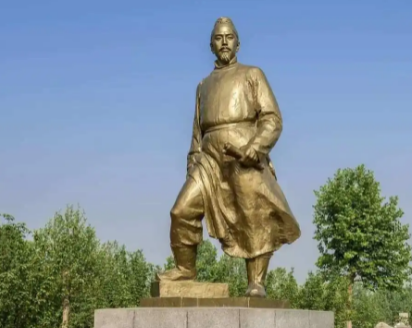Liu Bei, the founding emperor of the Shu Han Kingdom during the Three Kingdoms period, led a legendary life. Despite having spent much of his life in the countryside, his name appeared in the imperial family tree. Why is this so?

Firstly, we must understand that though Liu Bei was born into a poor family, he was a descendant of the Han Dynasty royal family. According to historical records, Liu Bei was a descendant of Emperor Jingdi of the Han Dynasty, thus carrying the royal bloodline of the Han. Although by Liu Bei's generation, the family had declined, his royal status was an indisputable fact.
In ancient China, the identity of the royal family was extremely important. Even distant relatives of the royal family were recorded in the imperial family tree. This was because the royal status represented a special social position and honor, and was also a recognition of the legitimacy of the imperial power. Therefore, despite Liu Bei's long stay in the countryside, his royal status entitled him to be recorded in the imperial family tree.
Moreover, Liu Bei's royal status was one of the important assets that helped him rise during the troubled times. In the late Eastern Han Dynasty, society was in turmoil, and many warlords vied for power. With his royal status, Liu Bei gained the support and allegiance of many people. His royal status won him the hearts of the people and laid the foundation for his cause.
In conclusion, Liu Bei appeared in the imperial family tree because he was a descendant of the Han Dynasty royal family and possessed royal status. Though he spent much of his life in the countryside, his royal status was an unalterable fact. Liu Bei's story teaches us that identity and bloodline held significant meaning in ancient society, and it was through his royal status that Liu Bei successfully rose in the tumultuous times.
Disclaimer: The above content is sourced from the internet and the copyright belongs to the original author. If there is any infringement of your original copyright, please inform us and we will delete the relevant content as soon as possible.
































